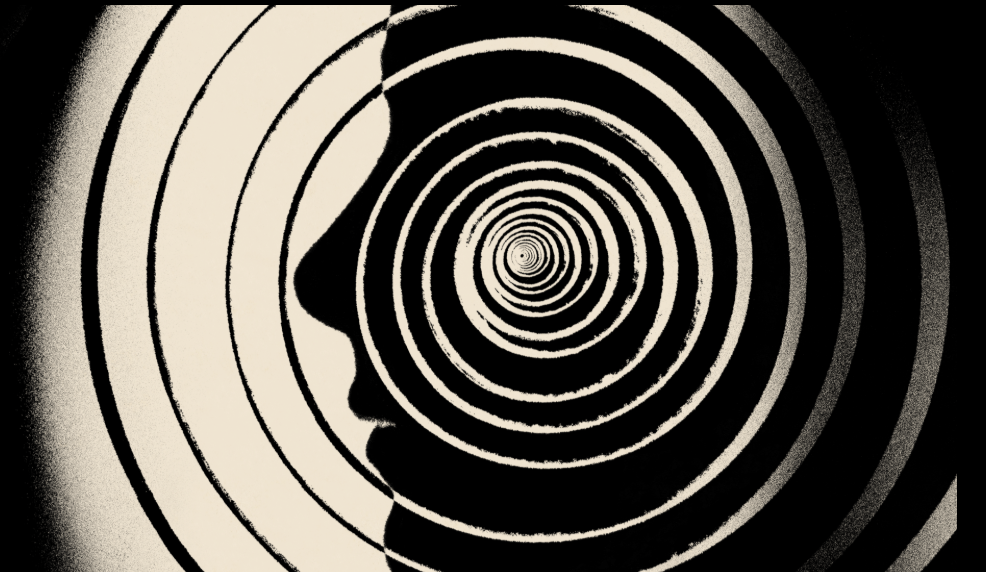
For many individuals recovering from a concussion, vestibular migraine, or vestibular dysfunction, screen exposure isn’t just uncomfortable—it can be disorienting and debilitating.
The Impact of Screens on the Dizzy Brain
Modern digital screens are filled with dynamic visual stimuli. Our brains depend on a process called optic flow—the perception of motion from visual input—to help us stay oriented and balanced. However, this system can become disrupted after a brain injury.
After a concussion or vestibular event, the cerebellum, which normally integrates optic flow with posture, balance, and eye movement, can become dysregulated. This causes a visual-vestibular mismatch, where the brain can no longer process visual motion accurately. The result? A cascade of symptoms including:
- Dizziness
- Nausea
- Visual fatigue
- Light sensitivity
Common Screen-Related Triggers
These symptoms are often worsened by specific screen interactions:
- Rapid Motion: Scrolling or video playback can overwhelm already stressed visual processing centers.
- Bright Light: High screen brightness and contrast can increase photophobia and fatigue.
- Eye Strain: Tracking small text for extended periods taxes the oculomotor and vestibular systems.
- Sensory Overload: Fast-changing visual input can overwhelm the brain’s ability to maintain balance and postural control.
Who Is Most Affected?
Screen intolerance is especially common in people with:
- Post-concussion syndrome
- PPPD (Persistent Postural-Perceptual Dizziness)
- Vestibular migraine
- Dysautonomia
- Visual motion sensitivity
Simple Tips to Reduce Visual Stress
Try these adjustments to minimize screen-induced symptoms:
- Use dark mode on your device
- Lower screen brightness
- Follow the 20-20-20 rule: every 20 minutes, look at something 20 feet away for 20 seconds
- Avoid scrolling or watching fast-moving visuals when feeling symptomatic
How Equilibrium Audiology Can Help
At Equilibrium Audiology, we specialize in helping your brain relearn how to interpret optic flow, balance visual input, and restore vestibular-cerebellar integration. Through targeted vestibular rehabilitation, mindfulness training, and functional medicine support, we help you retrain your system from the ground up.
Want to know if your dizziness is screen-related? Contact us – 0112680491 or info@equi-audio.co.za
